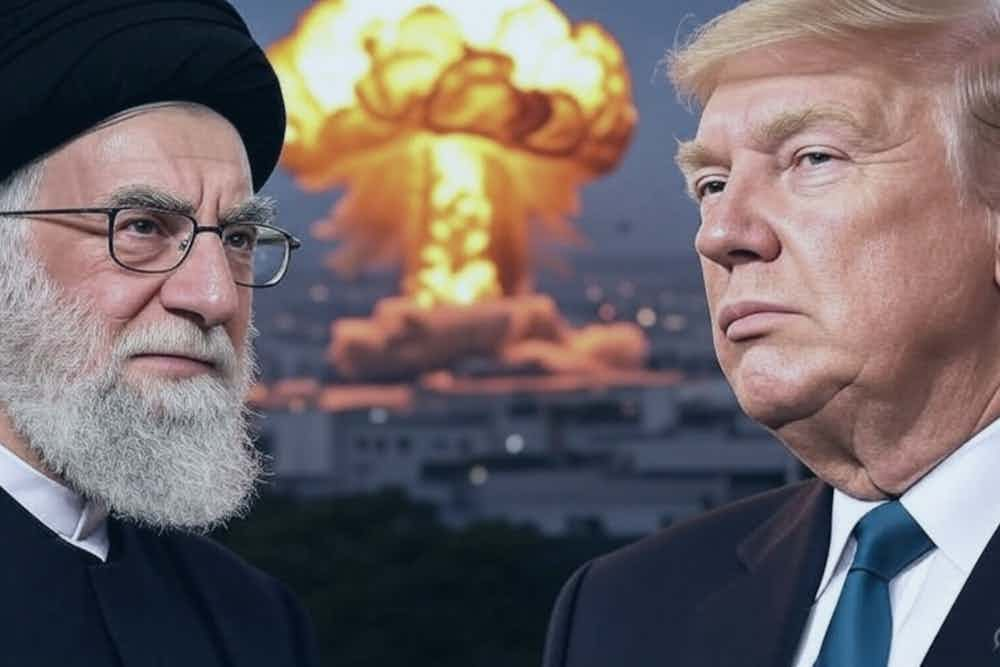
Iran’s nuclear program just suffered a catastrophic setback, brought about by Tehran’s deeply flawed negotiation strategy. Once regarded as shrewd diplomats, Iran’s leaders badly miscalculated, failing to adapt to a shifting geopolitical landscape.
President Trump’s uncompromising stance exposed Tehran’s strategic vulnerabilities, with devastating consequences for the regime.
Iran’s once-effective diplomacy unraveled following Trump’s return to the White House. Tehran underestimated his willingness to abandon traditional frameworks and wrongly assumed that the new US administration would mirror the West’s earlier leniency.
But that assumption, rooted in decades of Western concessions, proved dangerously outdated.
Trump’s unpredictability and alignment with Israel upended the rules of engagement. Tehran’s rigid demands, blind to this new reality, alienated potential mediators and deepened its diplomatic isolation.
In retrospect, Iran’s reputation as a master negotiator had been inflated by years of Western meekness. Confronted with a determined opponent, its familiar tactics of delay, brinkmanship and empty posturing proved hopelessly futile and obsolete.
Israel’s precision strikes on nuclear facilities exploited Iran’s strategic errors. Tehran’s slow, ineffective response, both militarily and diplomatically, further eroded its deterrence.
The strikes also exposed critical weaknesses in Iran’s defenses, compounding the strategic damage suffered by the regime.
Ultimately, Iran’s nuclear ambitions were derailed because Tehran misjudged both Trump and Netanyahu, clung to outdated strategies, and failed to counter Israel’s offensive.
The West’s newfound assertiveness shattered Iran’s deterrence and gravely harmed its regional standing and nuclear ambitions. For the people of the Middle East, this is welcome news.


